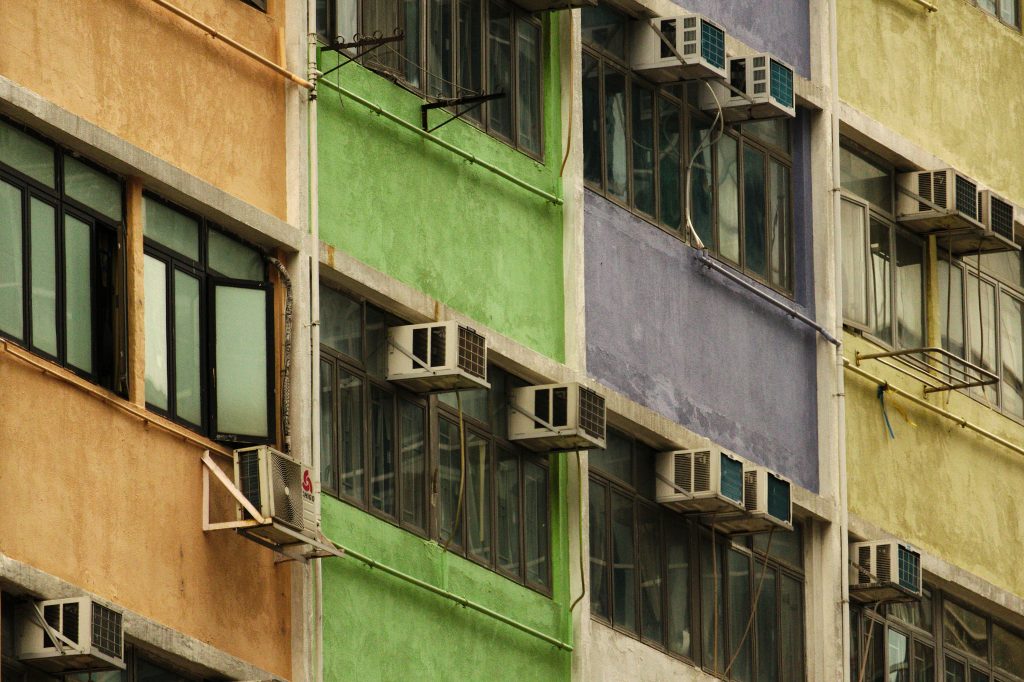
Navigating Air Conditioning Building Regulations
If you are a commercial property owner, it is important to be aware of air conditioning building regulations.
Although some domestic air conditioning building regulations do exist, you are far more likely to have to adhere to regulatory standards as a commercial property owner.
Knowing the literature, and exactly what the regulations stipulate, will help you to avoid trouble or heavy fines from applicable bodies. Moreover, it is good practice as a commercial property manager to follow legal regulations.
Today, we at Chillaire are taking our readership on a whistle stop tour of air conditioning building regulations in the commercial market. We are going to outline what, exactly, the regulations are in 2023, so you are better prepared to follow them and be compliant.
Air Conditioning Building Regulations for Commercial Properties
As a commercial property manager, you have a responsibility to ensure that your facility complies with certain regulations. If you are considering or already have an air conditioning system, there are unique, relevant guidelines that must be followed.
Not only does this ensure the health and safety of everyone on site, but it protects you, and your business, from fines or closure on grounds of compliance.
Some of the most common regulations, which include TM44 air conditioning regulations, are as follows:
- F-Gas Regulation/ Compliance
- Health and Safety
- TM44 Regulations
- Noise Regulations
- COSHH (Control of Substances Hazardous to Health)
- Energy Performance Certification
- Fire Safety
These are not the only mandatory requirements however. Gas boiler systems, for example, require annual servicing to ensure they remain capable of heating water to the legal minimum temperature. Although they may not require the same frequency of servicing, air source heat pumps also require periodic maintenance to ensure water temperature compliance.
The Aim
The aim of these regulations is to ensure any equipment which is installed on a commercial premises is safe, efficient and unlikely to cause disruption to the public. Each of these will have different requirements, so it is important to explore each to make sure you are complying with the law.
The F-Gas Regulations, for example, deals with the containment and disposal of refrigeration systems that hold coolant or other toxic substances. Because of the potentially harmful environmental impact, it is important that leaks are repaired, sufficient record keeping is kept and any coolant is disposed of responsibly.
Additionally, the EPC requirement stipulates that commercial properties with air conditioning systems rated at over 12kW must have an Energy Performance Certificate (EPC) with a minimum E rating.
Facility owners must also adhere to health and safety guidelines, especially during the maintenance or installation process. This means sufficient ventilation is mandatory, as well as compliance with electrical safety standards and safe working conditions.
Is Planning Permission Needed?
The answer to this question is difficult, as every case is different. Domestic air conditioning building regulations, as stated, are different. Thus, air conditioning installations often fall under permitted development. This is provided that it is not a listed property and the installation does not exceed a certain size.
However, commercial properties may differ. This is especially true as commercial air conditioning units tend to be large and require more complex installation work.
The size and potential for public disturbance will dictate whether planning permission is required. In the case of commercial property managers, we would always advise erring on the side of caution. Speak to the relevant awarding body before taking any action.
Commercial Installations at Chillaire
As a leading supplier of commercial air conditioning installations, we have the relevant experience and expertise to help you navigate air conditioning building regulations. Whether you have questions around the installation of office air conditioning or operate in another commercial field, we are available to support you.
If you have any questions about our service offering, or any of the regulatory requirements pertaining to commercial properties, we encourage you to contact us.


